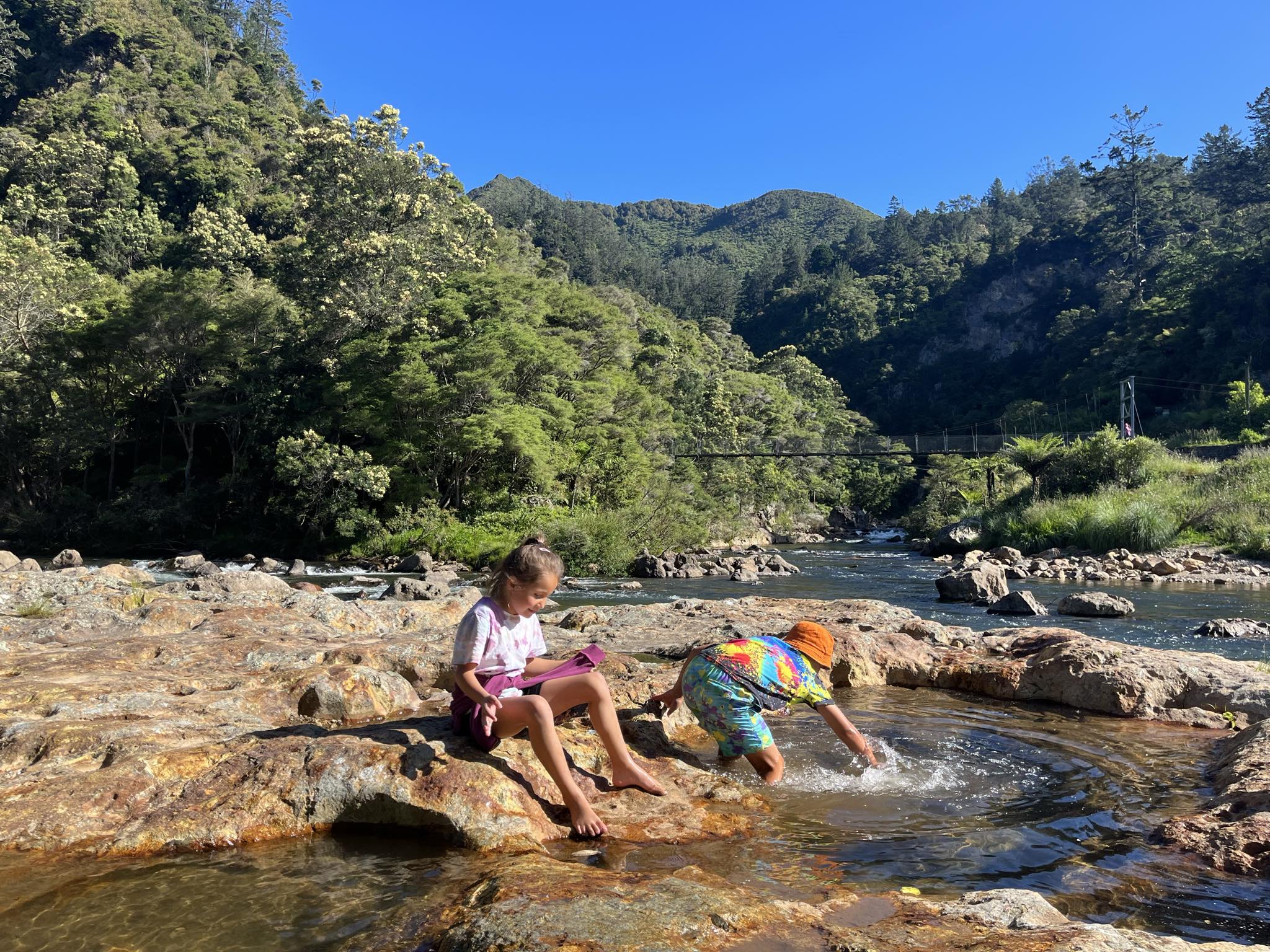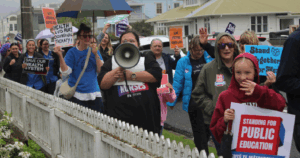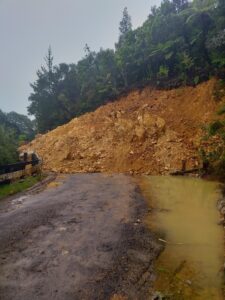Some Hauraki District Council councillors voiced their disappointment over an unexpected budget cost at the July 30 general council meeting.
The discussion was sparked over an agenda item looking at the council’s ongoing backflow prevention programme for water connections.
The council is legally required to ensure its drinking water supply is kept free from contamination, and has been working to install backflow prevention devices at the point of supply to properties, with its priority being high-risk properties.
There are currently 60 council-owned properties and 119 commercial and industrial properties without backflow devices, which have been classed as high-risk.
It will cost $300,000 to install compliant devices at the 60 council-owned properties, a figure which was unbudgeted for in the long-term plan.
The council will also need to put aside funds for a regular device testing programme, to become compliant with the Water Services Authority rules and regulations.
“This is a prime example of… yet again, an unfunded mandate from central government,” Mayor Toby Adams told the meeting.
“This is now the eighth test that we do on the water to ensure that it’s up to traditional water standards. It’s a requirement that’s been put on us, and [it] doesn’t matter which way we do it, we’re still going to look like the bad guys, but there is a public good.”
However, Councillor Ray Broad said the legal requirement for backflow prevention was not a new thing, and questioned why the cost was only being discussed now.
“We’re three weeks into a new financial year and get slammed with something like this when we’re being told to be more efficient,” he said.
“It’s something that’s been worked on for a while, we’ve been doing it for the last 12 months and it’s been completely missed out of the budget.”
Mayor Adams said the work hadn’t yet been done to determine costs at the time the budget was being developed.
For private properties, councillors considered whether landowners should shoulder the full cost of device installation.
Service delivery manager Adrian de Laborde said the council was allowed to charge property owners for device installation, but would still be on the hook to ensure compliance.
“If a property owner doesn’t comply, the council gets a penalty for non-compliance, not the property owner,” he said.
Deputy Mayor Paul Milner said it would be fair to put some of those costs back on the public, as the ones benefitting from the programme.
“The farmer doesn’t benefit from putting the backflows on… the people that are drinking water should be paying, not the whole cost but they should be paying.”
A further 570 farms and rural properties with high water usage had unknown backflow risk profiles and required further investigation, the report said.
Councillors resolved to approve the $300,000 cost to install the backflow devices at council-owned properties, but deferred a decision on testing costs and potential costs to property owners, pending further discussion and investigation into the issue.
Meanwhile, councillors approved a recommendation to refurbish an unused Exeloo toilet block and install it at Waihī’s Morgan Park, at a cost of around $131,000.
The toilet block was originally intended to be installed at Kaihere, and later at Patetonga; but these plans were scrapped due to a lack of NZ Transport Authority approval and changing tourism needs post-Covid-19.
Councillor Anne-Marie Spicer said there was a need for a toilet block at the busy Morgan Park site.
The council had some funds set aside for toilet facilities at the site but was $81,750 short. Councillors approved the extra funds.





